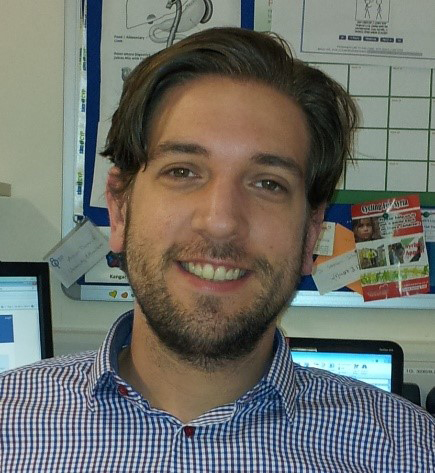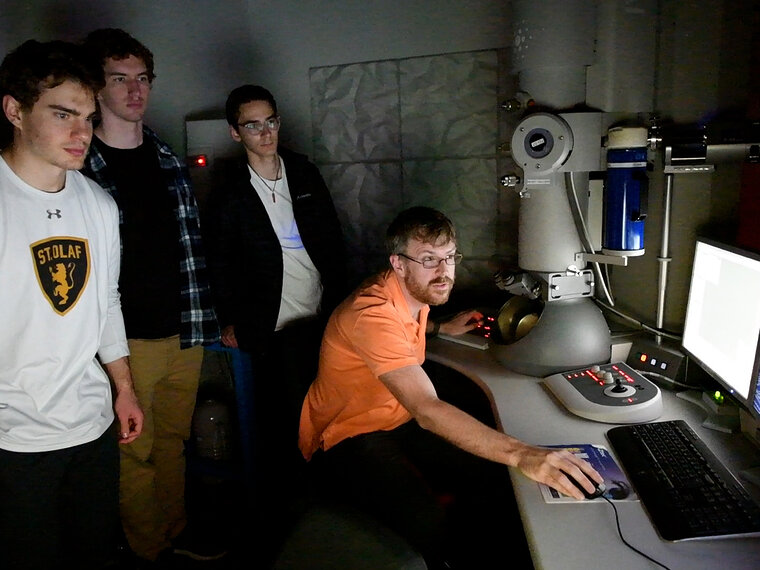About this course
Engineer tools for biomedical discovery. This course explores the design, development, and implementation of cutting-edge technologies instrumental in advancing the biomedical sciences. Featuring current developments in Stockholm and the Nordic region, the course incorporates Field Studies with real-life examples from academia and industry to explain, analyze, and evaluate engineering principles behind technological design. Topics may include medical devices, biomedical imaging, biomechanics, nanotechnologies, stem cell and tissue engineering, pharmaceutical engineering, health informatics, and omics. Through a collaborative project, you will distill your learnings from local researchers and industry partners while utilizing engineering principles to propose novel technologies within the field.
Syllabus
Pre-requisites
Two courses in math, plus a total of five courses within engineering, basic science (biology, chemistry, physics), and/or computer science, all at university level. At least one of these courses should be an engineering course.
Faculty

Adam Darwich
FacultyAssociate Professor in Health Systems Engineering in the Department of Biomedical Engineering and Health Systems at KTH. Ph.D. in Pharmaceutical Sciences, University of Manchester (2014). Research focus on modelling and simulation of systems and processes related to healthcare, health services, pharmaceutical development, and precision dosing. With DIS since 2021.

Pablo Giménez Gómez
Ph.D. in Electrochemistry: Science and Technology, Autonomous University of Barcelona (2017). Currently developing a small-factor wearable wireless medical device for obesity management as a Marie Skłodowska-Curie Actions Fellow at Stockholm University (2024–present). Previous experience supporting development of a smart candy medical device for the monitoring of diseases from collected saliva samples as Scientific Advisor at Happy Innova SL (2022–2024). With DIS since 2025.
